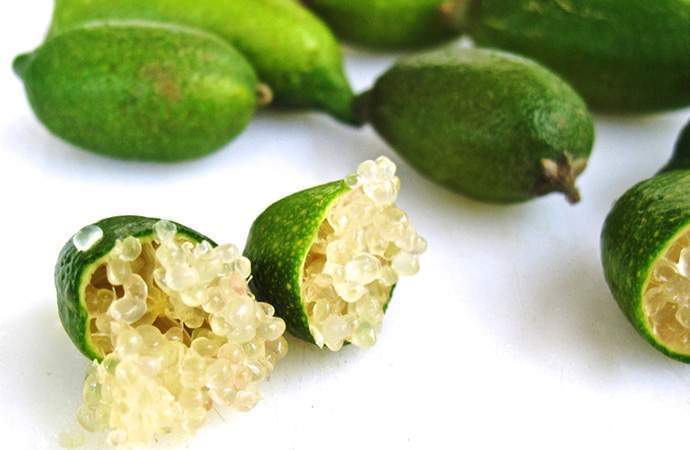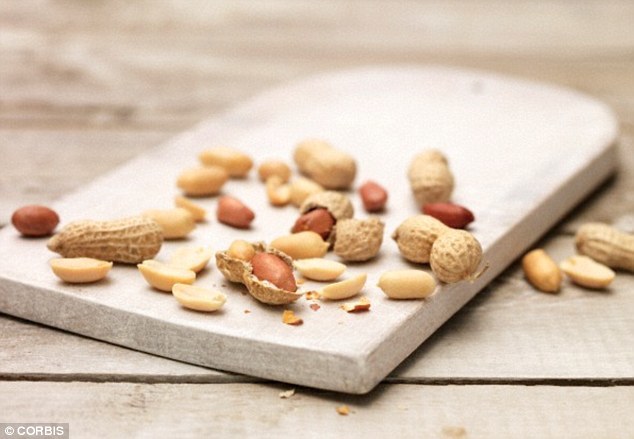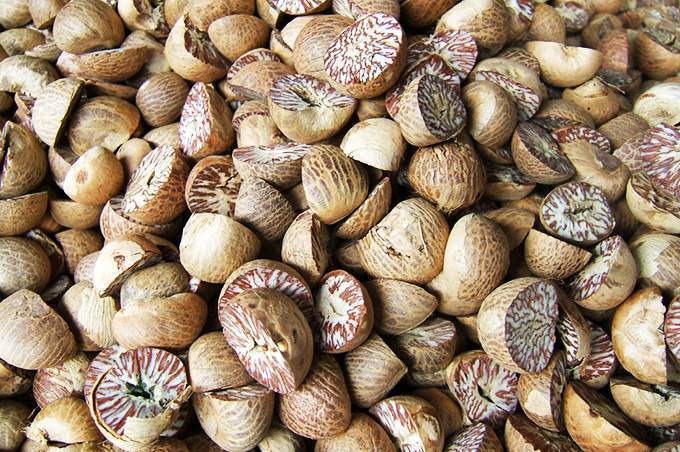There are many risk factors of stroke over which you have control, and one of them is your diet. According to studies, opting for a typical Western diet can put you at high risk of having a stroke. So to keep a stroke at bay, stay away from foods high in fat and cholesterol, as well as processed, sugary and salty ones.
Make sure that you go for more antioxidant-rich fruits and vegetables. Whole grains should definitely be included in your everyday diet. Have more of the following to help considerably lower your risk of stroke:
Beans and Peas
Everyone knows that beans and peas are good sources of protein and most especially fiber — that indigestible type of carb that helps lower bad cholesterol and high blood pressure, both of which can increase your likelihood of having a stroke. It’s for this reason why regularly consuming beans can help stave off a stroke.
There’s another thing about both beans and peas that make them very good for preventing a stroke, and it’s their folate content. A type of B vitamin, folate (also known as folic acid) is an excellent brain protector. Based on a study that spanned 20 years, those who had folate-rich diets had lower risk of stroke by as much as 20 percent!
Nuts and Seeds
Other excellent sources of folate are nuts and seeds, and that’s why snacking on them in moderate amounts can help in fighting off a stroke. So go ahead and crush some nuts and use them as toppings for healthy treats like yogurt and oatmeal. Feel free to sprinkle some seeds on your salads, too.
What’s more, the likes of almonds, walnuts, pecans, cashews, flax seeds, chia seeds, sunflower seeds and sesame seeds are also rich in healthy fats, in particular omega-3 fatty acids. According to experts, omega-3 fatty acids can help keep a stroke at bay by keeping your cardiovascular system in an excellent condition.
Oily Types of Fish
Aside from nuts and seeds, you can also obtain good amounts of omega-3 fatty acids from oily types of fish. Some good examples include salmon, mackerel, trout, halibut, sardines and tuna. Having at least 2 servings of fish, in particular the oily kind, per week is recommended by the American Heart Association.
Since oily types of fish are also good sources of protein, they are wonderful replacements for red meat if you want to switch to a diet that’s low in fat and cholesterol. Reducing your consumption of fat and cholesterol is one of the smartest steps that you may take if you want to lower your chance of having a stroke.
Whole Grains
Oats, brown rice, barley, millet, quinoa — these are just some whole grains that you should include in your diet if you want to significantly lower your stroke risk. You should also habitually consume whole wheat pasta, bread and other similar products, while at the same time avoid those that are out of processed or refined grains or flour.
Based on numerous studies, a diet that’s rich in whole grains can reduce your chance of suffering from a stroke by up to 30 to 36 percent! But it’s not just a stroke that eating more whole grains can prevent, but also other serious health problems such as obesity, diabetes and heart disease.
Potassium- and Magnesium-Rich Foods
It’s no secret that potassium helps keep at bay high blood pressure, which is a stroke risk factor, by causing the walls of the blood vessels to relax. While bananas are very popular sources of potassium, you can also obtain the said mineral from spinach, avocados and sweet potatoes.
Your regular diet should also consist of foods that contain good amounts of magnesium because, according to experts, this particular mineral helps prevent blood clots. Some wonderful food sources of magnesium include whole grains, green leafy vegetables, beans and nuts.








